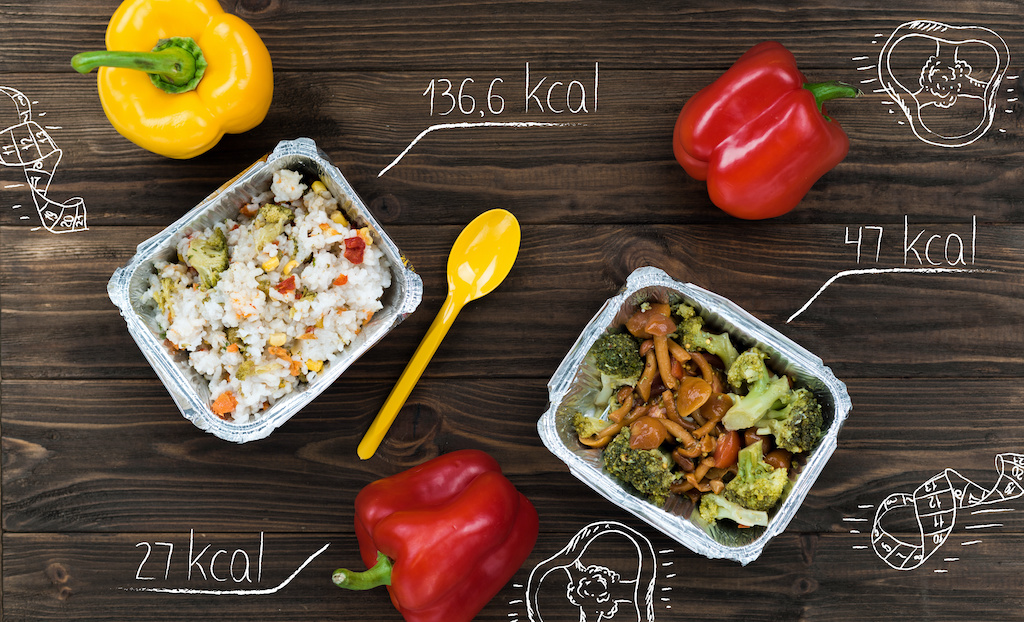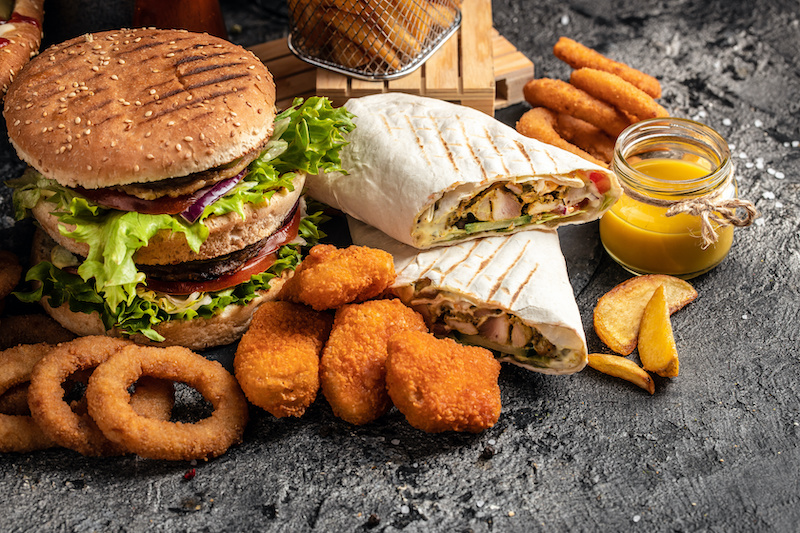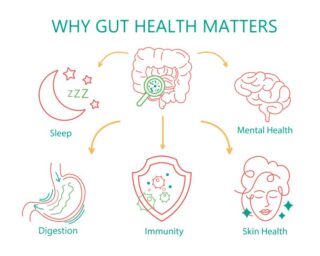How Many Calories Should I Eat Per Day?

What is a calorie?
Food and drinks contain calories. A calorie is a unit of energy. The human body needs calories for energy and to carry out its daily processes like your heart beating, lungs breathing and body moving. To maintain the same weight, the calories consumed have to equal the amount burned. Eating too many calories or not burning off enough will lead to weight gain. The opposite is true for weight loss.

How many calories should I eat per day?
The ideal calorie count is different for each person. A person’s calorie needs are affected by many things, including their sex, age, weight, height, activity, hormones and medications. In general, men need more than women, active people need more than sedentary and younger people need more than older. The range of calories needed per day is anywhere from 1,600 to 3,000 depending on these factors. Here is a calorie calculator that can be used to estimate the number of calories needed to maintain your current weight: https://www.mayoclinic.org/healthy-lifestyle/weight-loss/in-depth/calorie-calculator/itt-20402304
Weight gain vs weight loss
When trying to consume more calories for weight gain, it is important to still eat healthy. These will include adding choices like high-protein meats, whole grains, healthy fats, nuts and seeds. Calories can also come from beverages including whole milk, cream, 100% fruit juice, smoothies, and nutrition shakes.
When trying to consume fewer calories for weight loss, extreme calorie restriction can have a negative impact on the body. Eating fewer than 1,200 makes it difficult for your body to get the healthy nutrients it needs. Your body will want to conserve calories and slow down your metabolism. This will actually make it harder to lose weight. Instead, a better alternative is to incorporate more physical activity, balanced diet and portion control.
Empty calories
Processed food and other items contain added sugar, trans fat and an excess amount of fat and “empty calories.” Avoid processed foods such as sugary beverages, baked goods, chips, frozen dinners and instant soups. These foods do not have enough fiber, minerals, vitamins, and overall nutritional intake. The empty calories will lead you to feel unsatisfied and crave food. It is healthier to eat a well-balanced diet consisting of fruits, vegetables, lean meats, whole grains, nuts and seeds.
Summary:
- Calorie Basics:
- Calories are energy units in food. Maintaining weight requires balancing intake with expenditure.
- Personalized Needs:
- Ideal daily calories vary based on factors like sex, age, activity. Range: 1,600 to 3,000 calories.
- Tools for Estimation:
- Mayo Clinic’s Calorie Calculator helps estimate maintenance calories.
- Weight Goals:
- For weight gain, choose healthy options. For weight loss, focus on balanced diet, portion control, and activity.
- Avoid Empty Calories:
- Skip processed foods with added sugar and unhealthy fats. Opt for a nutrient-rich diet.
- Resource Links:
- More details at Cleveland Clinic and KidsHealth.

This article reviewed by Dr. Jim Liu, MD and Ms. Deb Dooley, APRN.
There’s nothing more important than our good health – that’s our principal capital asset.
#medical #telehealth #umedoc










